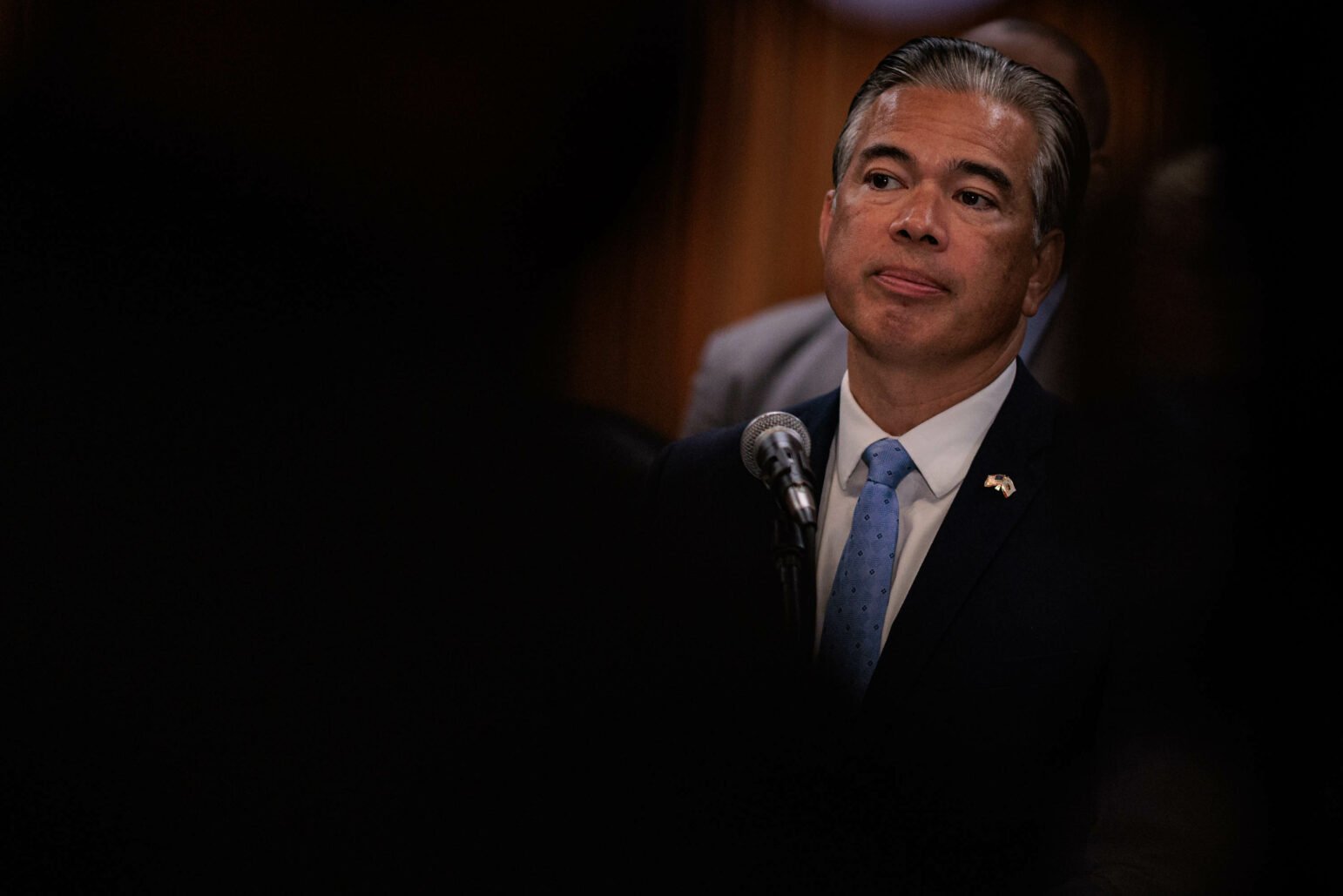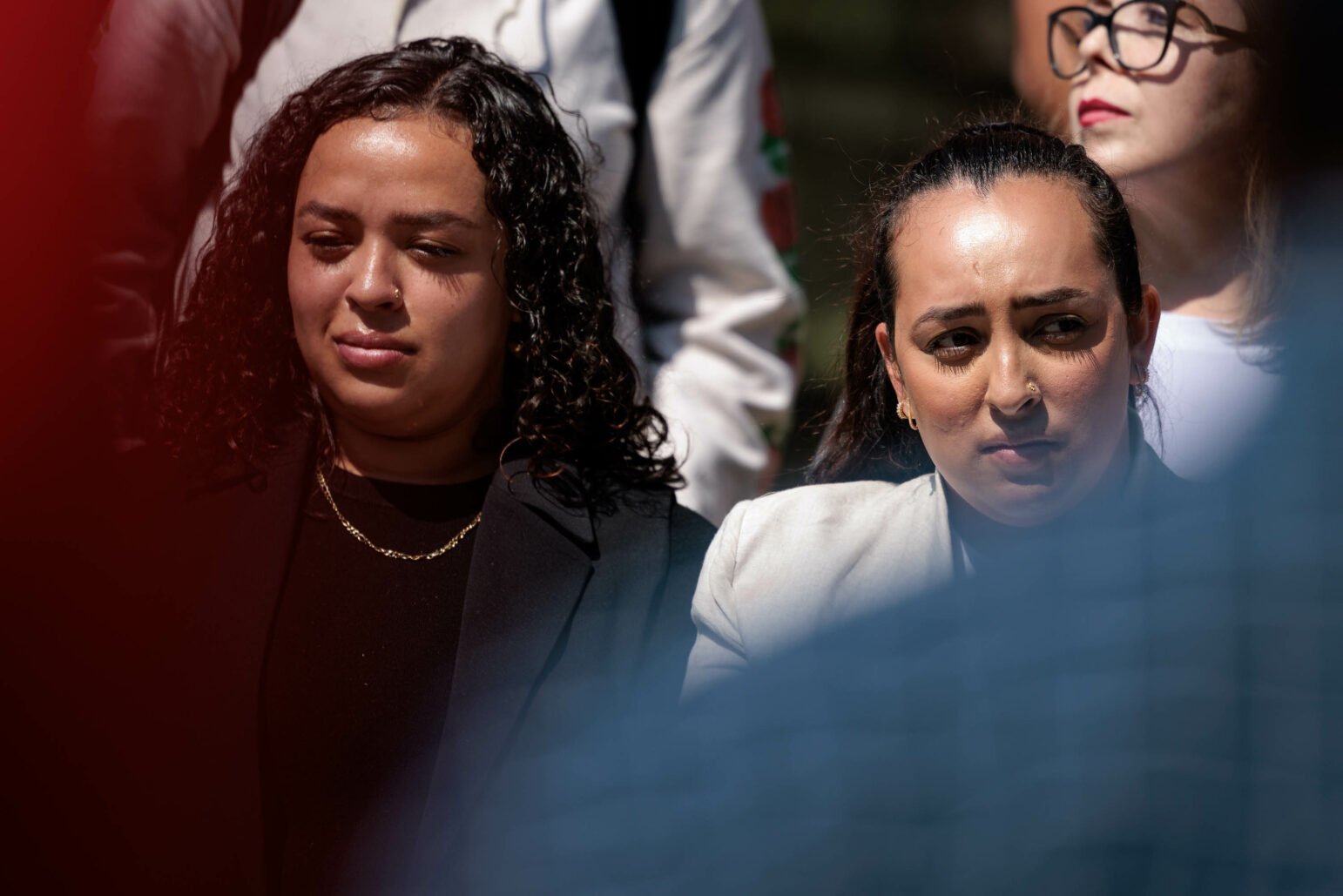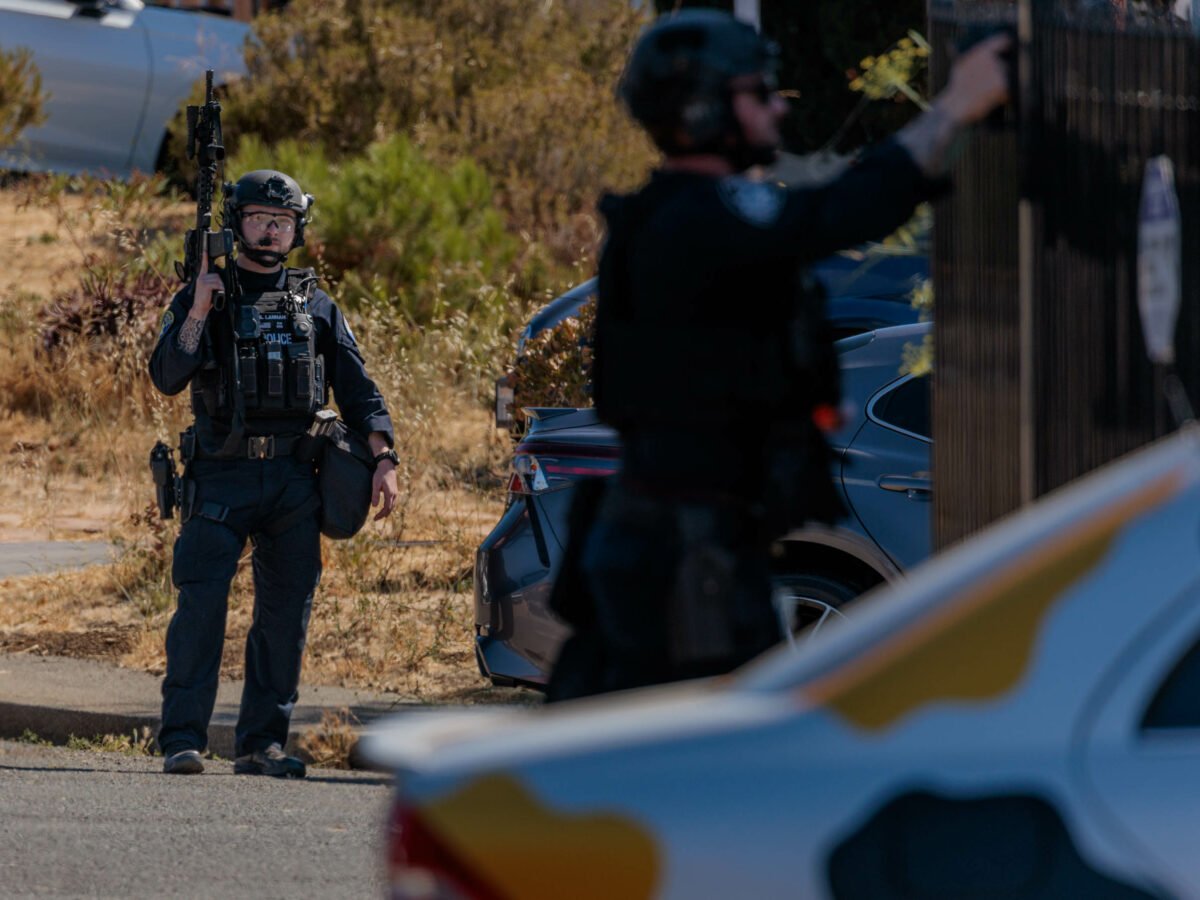
A Solano County Superior Court judge has dismissed a lawsuit brought last year by California Attorney General Rob Bonta that sought to impose sweeping reforms on the long-troubled Vallejo Police Department.
The California Department of Justice filed the request for dismissal on Tuesday morning, just hours before a scheduled hearing in which attorneys were ordered to show Judge Stephen Gizzi why he should not reject a proposed reform agreement between the state agency and Vallejo, according to court records. Gizzi immediately granted the motion without prejudice, meaning the case can be re-filed at a later date but the reform efforts will for now move forward without judicial oversight.
“The entire case has been dismissed and no future hearings will be held,” Jennifer Connelly, a judicial assistant to Judge Gizzi, wrote in an email to Open Vallejo Tuesday.
Spokespeople for the justice department and Vallejo said all parties have agreed to a settlement that includes the same set of reforms outlined in the stipulated judgment, including the appointment of a third-party evaluator who will help resolve disputes and assess the city’s progress toward achieving the goals.
“The California Department of Justice, the City of Vallejo, and the Vallejo Police Department are committed to continuing to work together to implement all of the agreed upon reforms,” the DOJ said in a statement.
Bonta sued Vallejo and its police department last October after a voluntary three-year reform agreement with the city failed to resolve more than half of 45 DOJ-endorsed reforms. (An early indicator of the challenges faced by the state DOJ came in January 2021, when Vallejo police and a senior city attorney illegally destroyed evidence of multiple police shootings; the city asserted that the state DOJ had never subpoenaed the purged records.)
The DOJ lawsuit dismissed Tuesday alleged that Vallejo police exhibited a “pattern and practice of excessive and unreasonable force,” which disproportionately impacts people of color, in violation of state law and the U.S. Constitution.
“These structural deficiencies have existed for many years, and it is unlikely that Defendants will remedy these patterns and practices of unlawful conduct absent judicial mandate and oversight,” according to the complaint.
The state DOJ simultaneously filed a stipulated judgment, signed by Supervising Deputy Attorney General Nancy A. Beninati and Vallejo officials, which outlined an agreed-upon set of more than a hundred changes related to the department’s use of force, community policing, complaint intake and investigations, supervision, and other reforms.
But when the parties sought Judge Gizzi’s approval to enter into the agreement, which is similar to others adopted across the state over the past two decades, attorneys were met with unusual skepticism.
In November, Judge Gizzi ordered the state DOJ to show why he should not reject the stipulated judgment. In particular, the judge bristled at the state’s plan to appoint an “evaluator” to monitor reforms. Gizzi called other aspects of the plan, such as a ban on voluntary searches, “unacceptable.” He also noted concern that he was being asked to make “operating decisions” for the Vallejo Police Department.
“The city, not the court, has inherent police powers,” he wrote.
Gizzi also questioned his role in the case, according to the order, writing that he had a conflict of interest because both parties are involved in other cases before his court.
“The court was never asked if it was willing or able to take on this role that potentially could last up to 10 years,” he wrote. “Yet, without authority to do so, the commitment was made on behalf of the court.”
In a joint response filed in December, attorneys for the justice department and Vallejo said the parties have “already agreed on operational decisions without requiring the court’s involvement or consuming the court’s time,” noting that they have worked together without significant conflict over the past three years. Additionally, they argued, the state’s reform agreement with Vallejo is substantially similar to other recent law enforcement litigation settlements in California and across the country.
For example, the state DOJ entered a similar stipulated judgment with the Kern County Sheriff’s Office in 2020 and the Bakersfield Police Department in 2021. The U.S. Department of Justice, meanwhile, has enforced more than a dozen consent decrees with law enforcement agencies such as the police departments in Seattle, New Orleans, and Portland, according to the motion.
The Los Angeles Times reported recently that the state DOJ may be close to reaching a settlement agreement with the Los Angeles County Sheriff’s Department, more than three years into the state’s civil rights investigation into the agency.

The latest challenge in the Vallejo case happened in January, when the state DOJ sought to disqualify Judge Gizzi after he shared an online post about the case on his LinkedIn profile. Alameda County Superior Court Judge Michael Markman was assigned to hear the disqualification motion. Markman rejected the agency’s motion on March 18, sending the case back to Gizzi.
Michelle Monterrosa, whose brother was fatally shot by Vallejo Det. Jarrett Tonn in 2020, said the case dismissal is “certainly disappointing and frustrating.”
In December, the attorney general’s office concluded its investigation into the police killing of 22-year-old Sean Monterrosa, which found “insufficient evidence” to file criminal charges against the officer.
After declining to file charges against Tonn, Bonta reassured the Monterrosa family that “the consent decree would be a form of accountability and justice, and we had our advocacy efforts to thank for that,” Michelle Monterrosa told Open Vallejo Tuesday.
“With the most recent news, it is a reminder that you cannot hope for justice because the fact of the matter is you won’t receive any,” she said. “This news doesn’t change anything for us and we will continue to do what we have been doing.”
This post has been updated to include comment from the California Department of Justice, the city of Vallejo, and Michelle Monterrosa, as well as information about other reform efforts throughout the United States.



